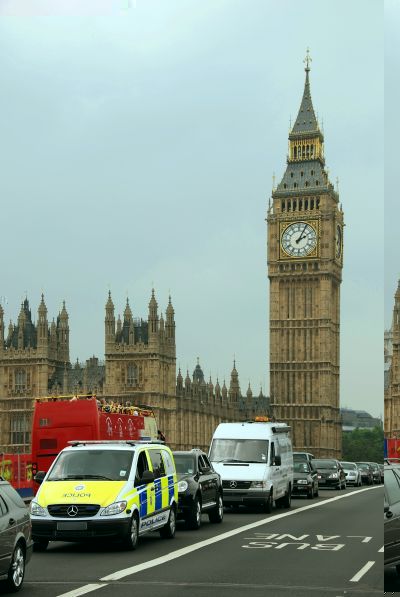Study outlines plan to save the Earth for €2 a day

A study released December 1 by the Stockholm Environment Institute and Friends of the Earth Europe proposes a plan for Europe to double its 2020 reduction target for greenhouse gas emission. Researchers say reaching this goal -- which can be done for €2 per person per day -- would be enough to avoid climate catastrophe.
A study released December 1 by the Stockholm Environment Institute and Friends of the Earth Europe proposes a plan for Europe to double its 2020 reduction target for greenhouse gas emission. Researchers say reaching this goal - which can be done for €2 per person per day - would be enough to avoid climate catastrophe.
According to "Europe's Share of the Climate Challenge: Domestic Actions and International Obligations to Protect the Planet," Europe can cut domestic emissions by 40% in 2020 and by 90% in 2050 compared to 1990 levels. This is the minimum scale and speed of reductions likely to be needed from rich countries to avert a climate catastrophe, according to previous research.
This reduction, say researchers, can be done through a combination of radical improvements in energy efficiency, the accelerated phase-out of fossil fuels, a dramatic shift towards renewable energies, and lifestyle changes.
Among the more extreme lifestyle changes the study recommends is a major shift to public transport, with only 43% of trips being made by car in 2050 compared to 75% in 2005. Such changes, says the study, could make the carbon footprint of the average European 8 times smaller in 2050 than today.
The researchers calculate that coasts to carry out the plan between 2010 and 2020 would be about 2 percent of the EU's €111 trillion GDP, amounting to 2€ per person per day.
"Our analysis shows that deep cuts in emissions can be achieved in Europe at reasonable cost between now and 2050...," says lead study author Dr. Charles Heaps "The potential costs of inaction are so large that doing nothing presents a far more implausible and dangerous future pathway for Europe."
Join our commenting forum
Join thought-provoking conversations, follow other Independent readers and see their replies
Comments
Bookmark popover
Removed from bookmarks